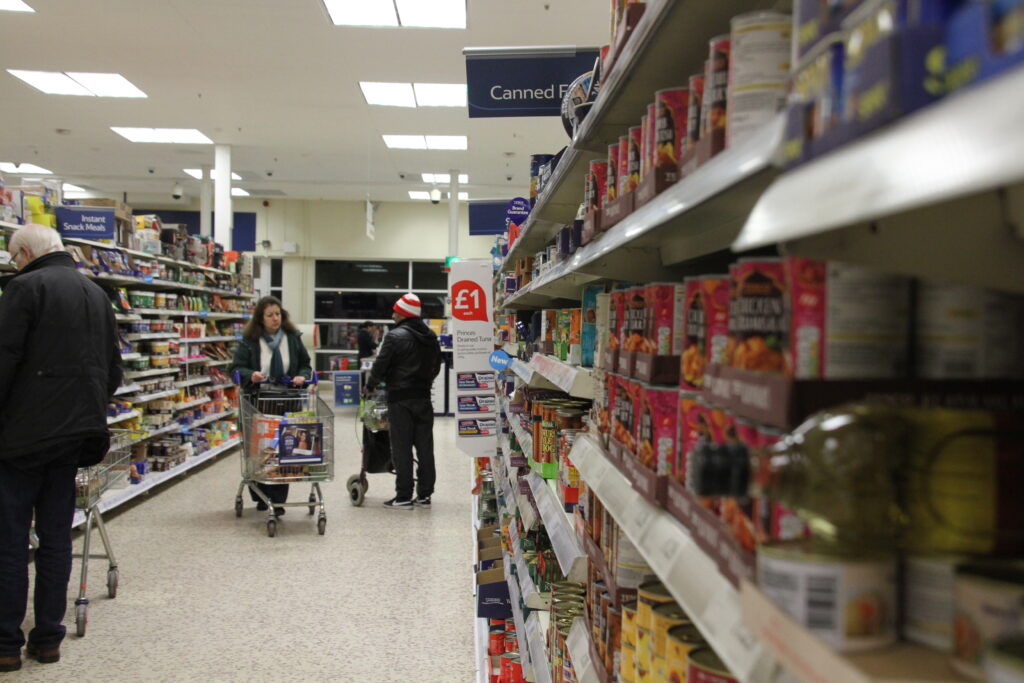New Research Highlights Cost Is Dictating Consumer’s Shopping Habits, Not Sustainability

Ahead of World Earth Day (Friday 22 April), new research from Levercliff – experts in FMCG consumer data – has found that despite environmental concerns being widely acknowledged by shoppers, it is in fact the rising cost of living impacting decisions made at the supermarket till. For 71% of consumers, value for money is the influential factor impacting product or brand choice, and rising prices are a top concern for 41% of people, in comparison to climate change being a top concern for just 8%.
As a result of increased interest rates, tax, energy costs, and rising food and drink prices, the cost-of-living crisis is having a discernible impact. Levercliff’s research – which polled over 1,000 people in October 2021 and then again in March 2022 – found that when shopping for food and drink, for 36% of consumers choices are mainly driven by needing to stick to a budget, looking for the best value and offers. An increase from 24% in October 2021. This is compared to only 6% of people who stated their choices are principally driven by whether products have been produced responsibly. And it’s a worry effecting all age groups, regardless of socio-economic status[1].
However, it’s not all doom and gloom when it comes to sustainability. Almost 50% of consumers chose sustainable packaging in food and drink as a top priority, with key focuses on making all packaging recyclable (17%), reducing unnecessary packaging (16%), and eliminating plastic packaging altogether (15%). And with 48% of people judging whether a produce was produced responsibly by how sustainable the packaging is, when looking to create new products or update existing lines, this research clearly showcases manufacturers should make packaging a clear consideration to help gain a competitive advantage in a busy market.
What’s more, reducing food waste to limit environmental impact is high on the agenda. 45% of respondents are also buying only what they need to cut down on leftover food, and 39% eat more leftovers to have the same effect. The move towards plastic-free continues to be a key trend, with 39% of people also buying loose fruit and vegetables where they can. “Brands can’t underestimate the impact of the current economic climate on consumers.” Comments Fintan O’Leary, Managing Director of Levercliff. “Over the relatively short period from October 2021 to March 2022, our data clearly shows shoppers are increasingly feeling pressure to make their money go further, and this is being reflected in buying habits across food and drink, with less of a focus on sustainability, and an increased focus on cost.”
“Taking inspiration from this year’s World Earth Day theme of ‘invest in our plant’, we see a real gap in the market for solutions which both look after our planet and support consumers in their wallets. Further investment in sustainable packaging, or products with minimal packaging, is essential, and products being seen to deliver value for money will succeed across the board.”





